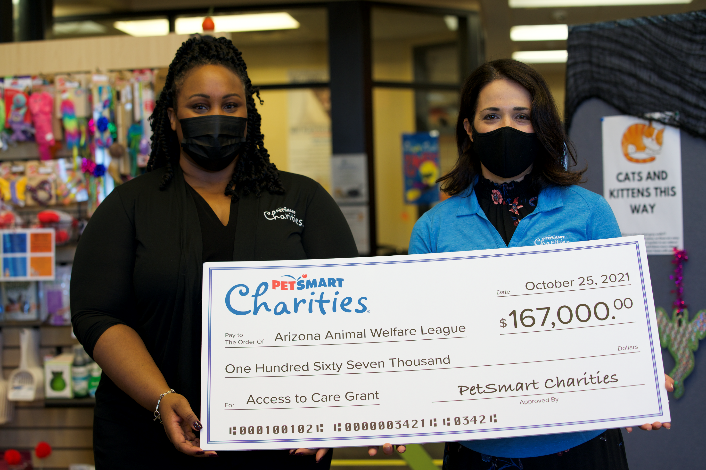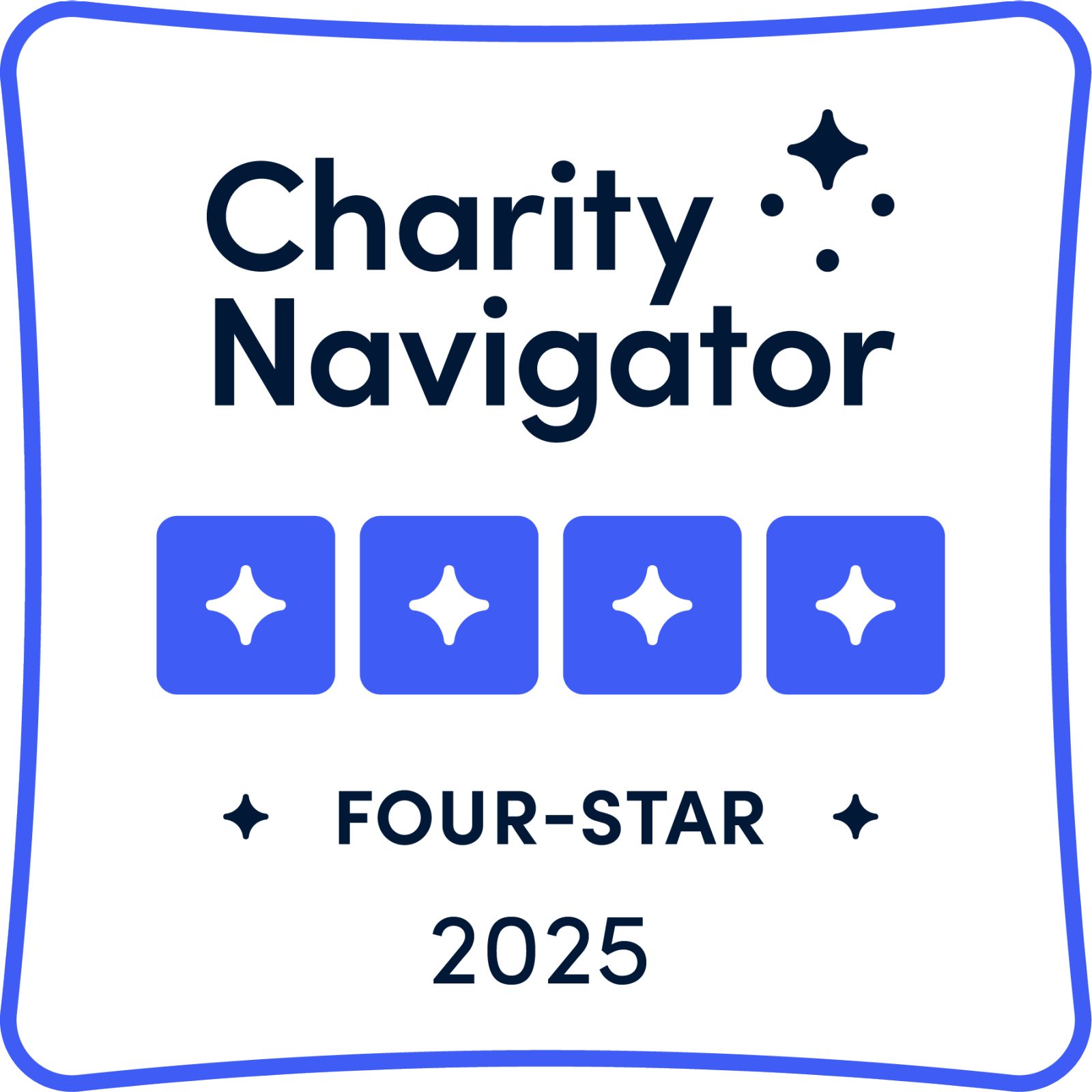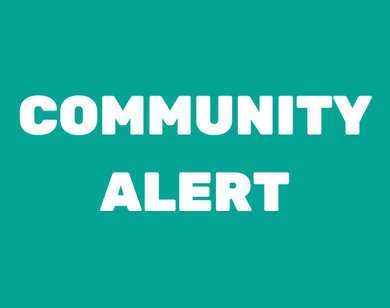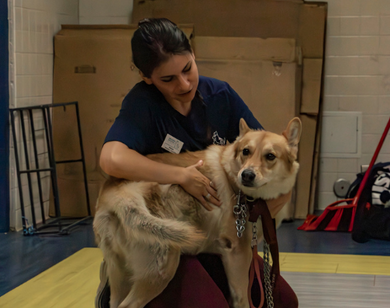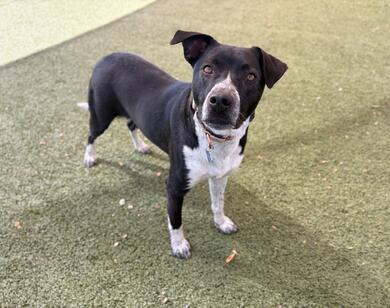PHOENIX (December 16, 2021) – The lack of affordable veterinary care, training and education programs are common reasons for pet surrenders back to shelters. Due to cost and other barriers, pets in under-resourced communities often do not have access to basic veterinary care such as spay/neuter services, vaccinations, dental care and other medical and preventative care.
With a $167,000 grant from PetSmart Charities, the Arizona Animal Welfare League (AAWL) will team up with a Phoenix-based research team to conduct a multi-faceted, bi-lingual community assessment survey aims to change that, so people from all walks of life can enjoy the benefits of pet ownership. The survey will gather input from predominantly Spanish-speaking pet owners living and working near AAWL’s shelter about the barriers they face in accessing vet care. The survey will focus on Latinx pet owners in these targeted zip codes: 85034, 85006, 85008, and 85009.
“This research is intended to better understand the relationship between predominantly Spanish-speaking pet owners and their companion animals,” said Alessandra Navidad, President and CEO of the Arizona Animal Welfare League. “Rather than jumping immediately to problem solving, and risk trying to solve the “wrong problem,” this project will allow us to reflect, survey and really listen to what community members have to say when it comes to their needs and accessing vet care, then develop solutions and programs that will support our local community’s strengths, as well as empower them develop their own solutions to directly meet those needs.”
Navidad is the daughter of immigrants and is fluent in Spanish and Portuguese. She has extensive experience working with Latinx organizations in the Phoenix area over the past 15 years.
“PetSmart Charities is partnering with community innovators to build models of accessible veterinary care,” said Aimee Gilbreath, President of PetSmart Charities, which is headquartered in Phoenix. “This important research targets underserved communities and promises to reveal the barriers to affordable vet care that may not seem obvious, such as transportation. We’re proud of the AAWL team’s thoughtful approach — going directly to the neighborhoods they serve to listen and learn, and for making it easy for them to participate.”
The project study will reach a minimum of 600 community members through individual surveys, bi-lingual focus groups and in-person interviews with Latinx community leaders. Simultaneously eight complimentary community vaccine and microchip clinics will be offered with a goal of serving 600 new clients and their pets to inform a future community-directed solution for a veterinary service model and cost structure.
